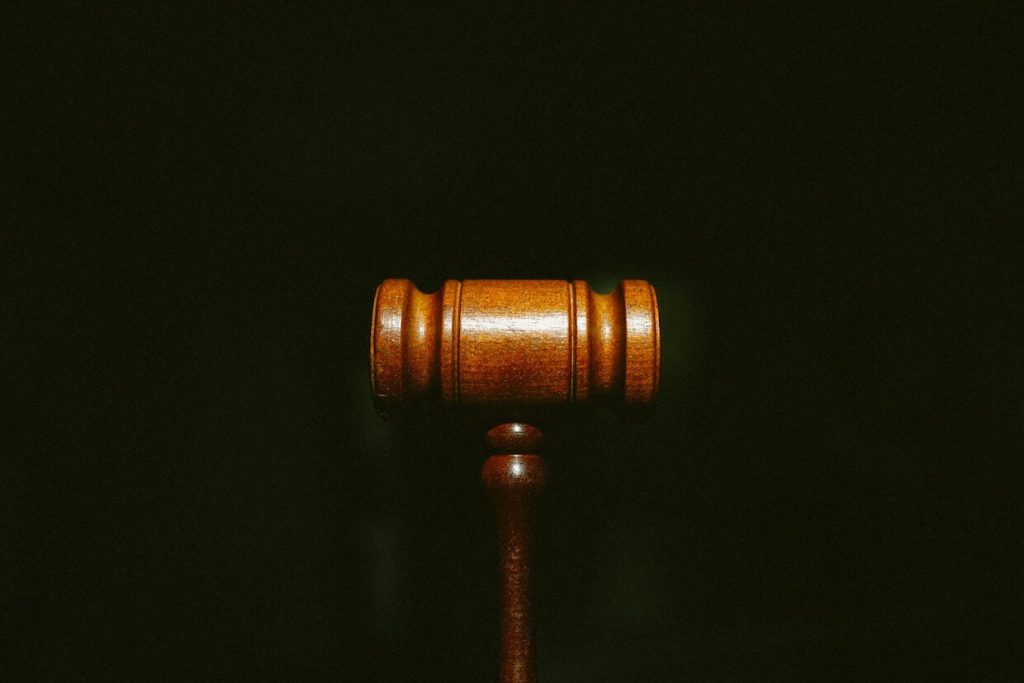"What should I do if I'm charged with child luring?" If you find yourself asking this question, you're in a difficult position, to say the least. Sex crimes, especially those involving children, are treated harshly under the law, and child luring is no different.
In this blog, we cover what child luring is, the penalties that come with conviction, and why working as a criminal lawyer is your best shot at protecting your rights and your reputation if you are facing a child luring charge.
What is Child Luring?
According to the Canadian Centre for Justice and Community Safety Statistics, child luring accounts for the vast majority of online sexual offences against children in Canada.
Child luring, as defined in section 172 of the Criminal Code (s.172.1), occurs when a person "by means of a computer system" communicates with a minor for the "purpose of facilitating" sexual offences, including sexual exploitation, child pornography, sexual assault, or abduction. Behaviours that qualify as child luring include:
- Initiating sexual conversations with a minor online
- Sending explicit images or videos to a minor
- Arranging to meet a minor for sexual purposes
- Creating fake profiles to communicate with minors
- Asking a minor to send sexual images or videos
Penalties for Luring a Child
Child luring cases are heavily scrutinized, and those found guilty face harsh consequences. The penalties for child luring, however, are based on the severity of the offence and whether it proceeds as an indictable or summary conviction.
- If you are found guilty of an indictable offence, you face up to ten years imprisonment.
- On the other hand, summary conviction may lead to imprisonment for a term not exceeding eighteen months.
In addition to imprisonment, ancillary orders may be imposed, such as providing DNA samples for the national database or compliance with the Sex Offender Information Registration Act.
These generally come with restrictions on where you can live or work, and obligations to regularly report your whereabouts to the authorities. Not to mention you may also face serious social stigma and ostracization. An accusation alone can damage your reputation, relationships and opportunities.
Mitigating and Aggravating Factors
While the maximum penalties are outlined in the criminal code, the penalties you face (should you be found guilty of child luring) will depend on the specific details of your case. Some factors my lessen their severity, such as:
- Victim's age being close to legal consent
- Lack of evidence of premeditated grooming
- Limited or no prior criminal record
- Cooperation with law enforcement
- Evidence of remorse or rehabilitation efforts
While others my increase their severity, like:
- A significant age gap
- Extensive grooming behaviours
- Previous convictions for similar offences
- Exploitation of vulnerable individuals
- Use of coercion or manipulation
Child luring cases may involve a series of both mitigating and aggravating factors. The strength (or weakness) of your defence will determine which takes precedent.
Proving and Disproving Child Luring
In a child luring case, the prosecution must prove three key elements beyond a reasonable doubt.
- They must establish deliberate communication with the complainant via a computer.
- They must demonstrate the accused believed or knew that the contacted individual was under the specified age threshold (typically under 16 or under 18).
- They must show that the communications were intended to facilitate the commission of at least one sexual offence.
Common legal defences for child luring charges include mistaken belief of age and entrapment. Mistaken belief of age applies when the accused honestly and reasonably believed the individual was of legal age. Entrapment occurs when law enforcement (including an undercover officer) induces or pressures an individual to commit a crime they would not have otherwise committed. These defences can be used to challenge the prosecution's case by undermining the elements of sexual intent and knowledge required for a child luring conviction.
What to do if You've Been Charged With Child Luring
The first thing you should do when charged with child luring (or any charge for that matter) is remain silent and refrain from making any statements to law enforcement that could potentially incriminate you. Anything you say can be used against you in court, so it's best to avoid discussing the details of the case without legal representation present.
Next contact a qualified criminal lawyer as soon as possible. They will guide and support you throughout the process. Your lawyer will help you understand your rights, navigate complex legal procedures, and build a strong defence strategy tailored to your specific situation. They can also advocate on your behalf and negotiate with prosecutors to potentially reduce your charges or penalties.
For these reasons, experienced legal representation gives you the best chance at securing a favourable outcome in your case.













